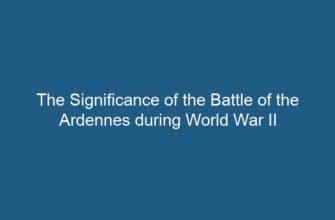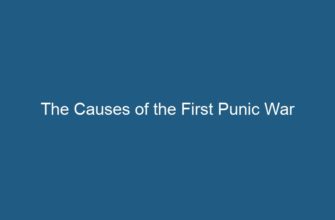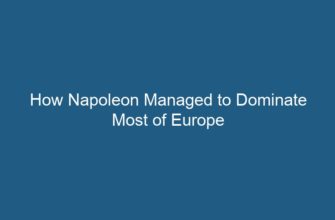Charlemagne, also known as Charles the Great, was a prominent figure in European history. He ruled as the King of the Franks from 768 and later became the Emperor of the Carolingian Empire, which encompassed much of Western Europe. Charlemagne’s reign had a profound impact on various aspects, including politics, religion, education, and culture. This article will delve into the significant contributions made by Charlemagne during his rule.
1. Political Reforms
Charlemagne implemented several political reforms that aimed to strengthen his empire and centralize power. One of his key contributions was the establishment of a well-organized administrative system. He divided his empire into administrative units called counties, each governed by a count who was responsible for maintaining law and order.
Furthermore, Charlemagne appointed missi dominici, or imperial envoys, who acted as his representatives and traveled throughout the empire to ensure the implementation of his policies. This system helped in maintaining control and ensured the loyalty of local nobles.
2. Expansion of the Carolingian Empire
Charlemagne is often remembered for his military campaigns and his efforts to expand the Carolingian Empire. His conquests included the Lombard Kingdom in Italy, the Saxons in present-day Germany, and the Avars in Central Europe. These military victories significantly expanded the empire’s territory and increased its influence.
Charlemagne’s military success also helped in spreading Christianity as he forced conquered territories to convert to Christianity and brought the Church under his control. This expansion of the empire laid the foundation for a unified Christian Europe.
3. Carolingian Renaissance
Charlemagne played a pivotal role in the revival of learning and culture, often referred to as the Carolingian Renaissance. Recognizing the importance of education, he established a network of schools and invited renowned scholars from across Europe to his court. These scholars, known as the Palace School, played a crucial role in preserving and transmitting ancient knowledge.
Charlemagne himself was a proponent of education and encouraged the study of liberal arts, theology, and classical works. He ordered the copying and preservation of important manuscripts, contributing to the preservation of ancient texts that would have otherwise been lost.
4. Standardization of Writing
In an effort to improve communication and administration, Charlemagne commissioned the creation of a standardized script known as Carolingian minuscule. This uniform script replaced the various regional scripts used across the empire, allowing for greater ease of reading and writing.
Carolingian minuscule became the foundation for many modern scripts, including the Latin alphabet used in English and several other European languages. This standardization of writing had a lasting impact on the development of written communication in Europe.
5. Legal Reforms
Charlemagne sought to establish a fair and just legal system across his empire. He enacted a series of legal reforms known as the Capitularies, which aimed to codify laws and ensure their uniform application. These reforms covered various aspects of society, including criminal law, property rights, and the treatment of serfs.
Charlemagne’s efforts to improve the legal system contributed to the development of a more equitable society and laid the groundwork for future legal systems in Europe.
6. Cultural Exchange
Charlemagne’s empire was a melting pot of diverse cultures and peoples. He actively promoted cultural exchange and encouraged interaction between different regions and ethnic groups. This facilitated the exchange of ideas, arts, and traditions, leading to a rich and vibrant cultural environment.
The court at Aachen, Charlemagne’s capital, attracted scholars, artists, and intellectuals from various parts of Europe. The blending of different cultural influences at his court resulted in a unique fusion of Roman, Germanic, and Christian traditions.
7. Influence on Feudalism
Charlemagne’s reign had a significant impact on the development of feudalism in Europe. Feudalism was a social and economic system that emerged during the Middle Ages, characterized by the exchange of land for loyalty and military service.
Charlemagne’s practice of granting land to his loyal vassals in exchange for their service laid the foundation for the feudal system. This system would shape the political and social structure of medieval Europe for centuries to come.
8. Legacy and Influence
Charlemagne’s contributions left a lasting legacy on European history. His reign marked a period of stability and cultural revival, laying the groundwork for the formation of modern Europe. The Carolingian Empire served as a model for future European empires and kingdoms.
Furthermore, Charlemagne’s role in spreading Christianity and his close relationship with the Church solidified the influence of Christianity in Europe. The fusion of Roman, Germanic, and Christian traditions during his reign shaped the cultural identity of Europe in subsequent centuries.
9. Conclusion
Charlemagne’s reign was a transformative period in European history. His political reforms, military conquests, cultural revival, legal reforms, and influence on feudalism all contributed to shaping the future of the continent. Charlemagne’s legacy as a great ruler and patron of learning continues to be celebrated to this day.










